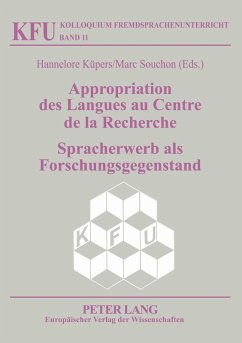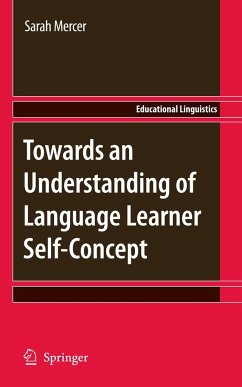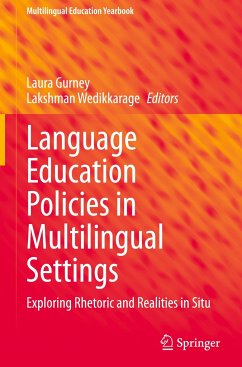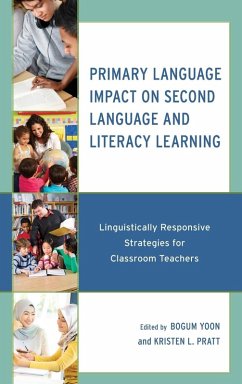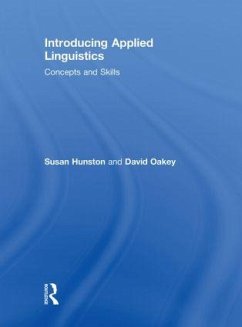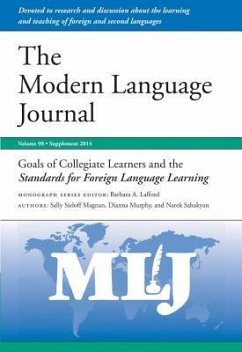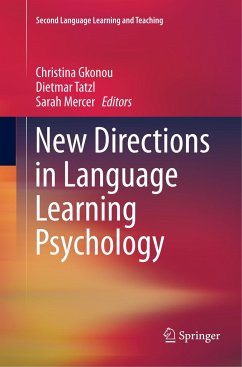
Language Centre Needs Analysis
Defining Goals. Refining Programmes
Versandkostenfrei!
Versandfertig in 6-10 Tagen
59,10 €
inkl. MwSt.

PAYBACK Punkte
0 °P sammeln!
What services should a modern university language centre offer its clients: students, departments, and faculties? How can language centres find out more about the language needs of the different actors at University level? The book pursues a double purpose: first, it offers a coherent theoretical framework for conducting a multiperspective, mixed-mode foreign language needs analysis in a university context. Its second purpose is to show in very detailed analysis what the practical results and consequences of such an analysis can be. After a critical view of data collection methods in foreign l...
What services should a modern university language centre offer its clients: students, departments, and faculties? How can language centres find out more about the language needs of the different actors at University level? The book pursues a double purpose: first, it offers a coherent theoretical framework for conducting a multiperspective, mixed-mode foreign language needs analysis in a university context. Its second purpose is to show in very detailed analysis what the practical results and consequences of such an analysis can be. After a critical view of data collection methods in foreign language needs analysis, the authors describe the framework of the Leibniz Universität Hannover, a German university dedicated to the process of internationalisation. The book examines and evaluates in detail the results of a foreign language needs analysis conducted among approximately 18,000 students and 1,800 staff members at that university. Finally, the book demonstrates how the results of such an analysis inform a re-evaluation of language course programmes and language services within the university context.



